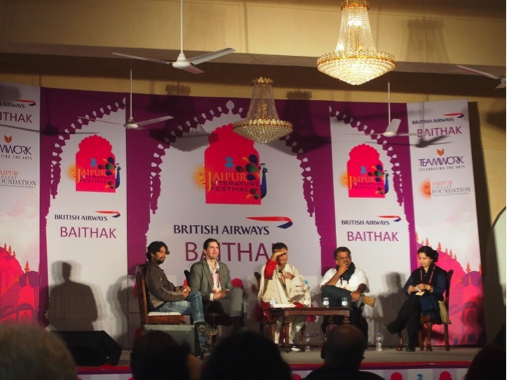Join us this week with a new batch of literary dispatches covering newly released audiobooks by the unofficial “hero of the Philippines,” the passing of one of Bulgaria’s most notable political figures and literary critics, and an award-winning translator’s appearance in New Delhi. From a night of chilling literature in Sofia to a bookstagrammer’s compilation of all Indian books in translation from 2022, read on to learn more!
Andriana Hamas, Editor-at-Large, reporting from Bulgaria
Although usually uneventful, January has so far proved a surprise for everyone who has taken a keen interest in the Bulgarian cultural scene.
Earlier this month, the local community lost the literary critic Elka Konstantinova. Throughout her life, the scholar, who passed away at the age of ninety, managed to balance an innate passion for the written word with a desire to bring about broader societal change by being an active participant in the country’s political life. In a recent report, the Bulgarian Telegraph Agency described her as “one of the key figures in Bulgarian politics after the fall of communism in 1989.” Her research encompassed diverse topics from the relationship between the fantasy genre and the world of today to the general development of the short story during specific periods of the twentieth century.
In other news, by the time you are reading this dispatch, the French Cultural Institute in Sofia will have begun preparations for its first Reading Night (Nuit de la Lecture). The event, organized in collaboration with the National Book Centre, is set to start today, in the late afternoon, and will last well past midnight. This year, the theme is “Fear in Literature” with a focus on fairy tales, criminal investigations, fantasy, dystopian science fiction, chilling essays, and more. Younger readers and their parents will have the chance to participate in several literary workshops and specially designed games that aim to ignite the public’s enthusiasm for books and stories.






